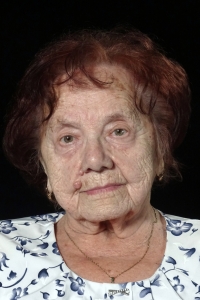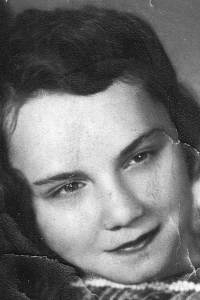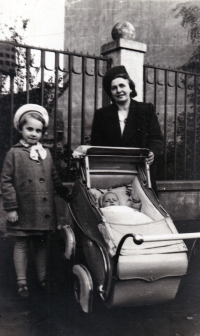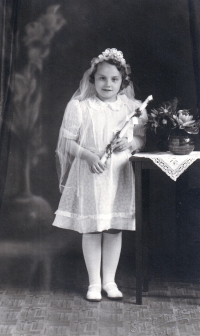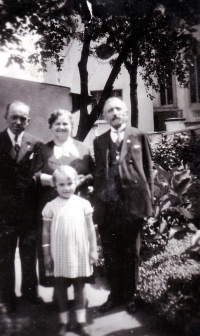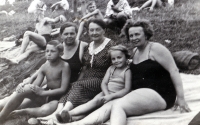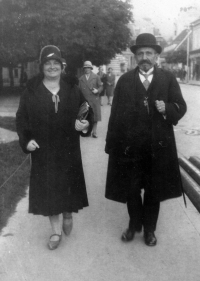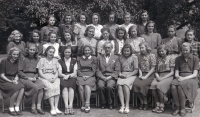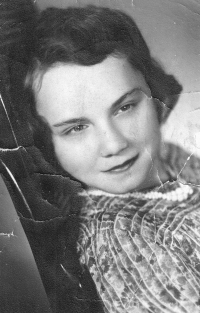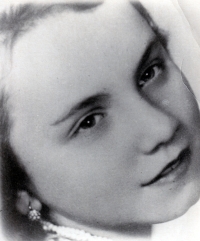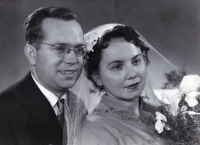I‘ll never forget the dead at Pardubice train station
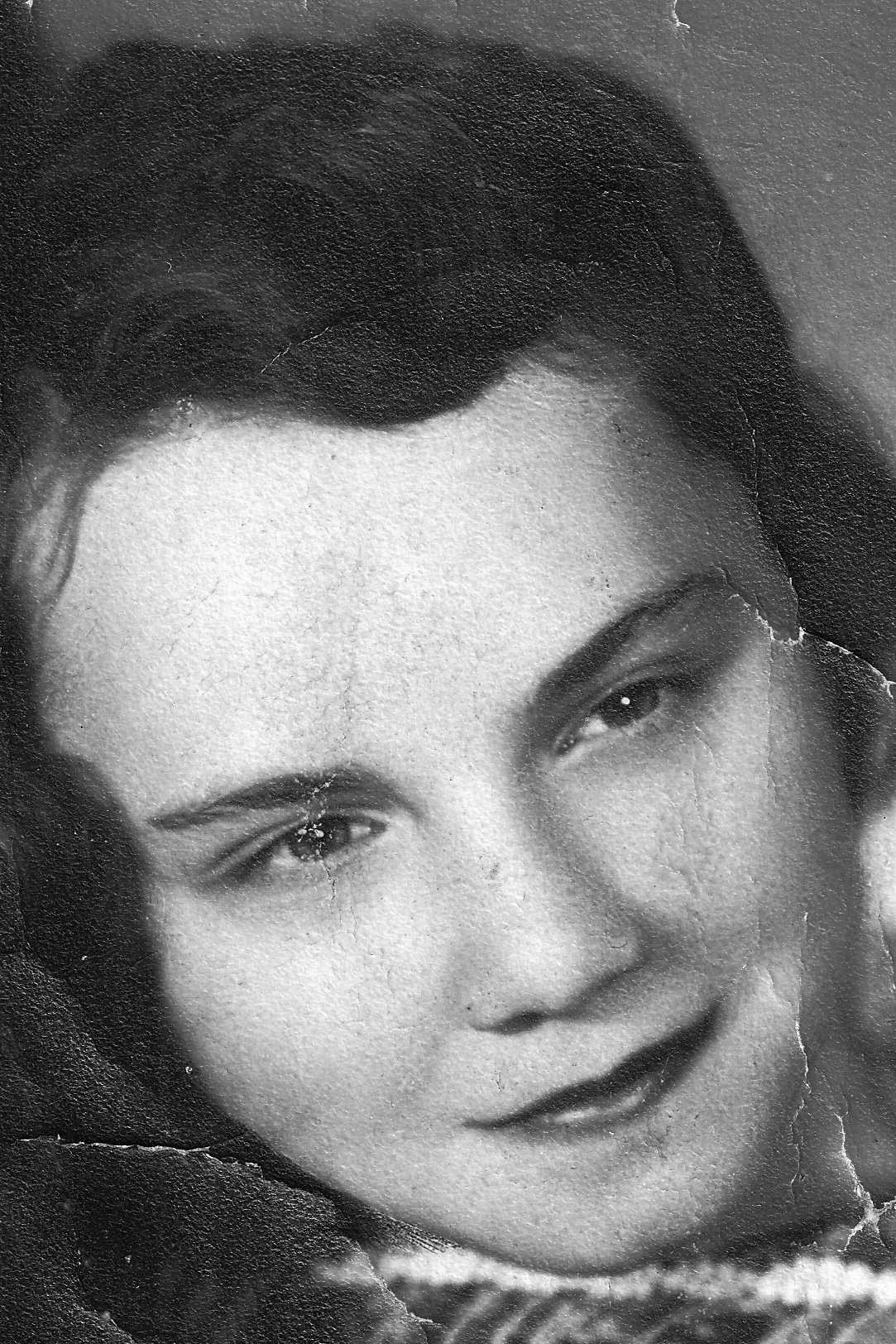
Stáhnout obrázek
Jiřina Lukešová, née Kučerová, was born on 29 July 1932 in Ostrava-Přívoz. Her father worked on the railway as a train driver. Her grandfather knew T. G. Masaryk, with the mayor of Ostrava Jan Prokes and was a pre-war MP. During a visit to Pardubice to visit relatives, she witnessed the most devastating bombing of the city in August 1944. She also experienced bombing in Ostrava. She witnessed the end of the war in Ostrava-Privoz and the arrival of Soviet troops in April 1945. After February 1948, when the totalitarian rule of the Communist Party began, as a child from a non-communist Catholic family, she had difficult opportunities for study and employment. In 1951, she graduated from the pedagogical high school for kindergarten teachers. Until the beginning of normalisation in 1970, she taught at apprenticeships in Třinec and Ostrava. Then she worked in a kindergarten in Ostrava-Poruba. In 2024 she lived in Ostrava-Poruba.

